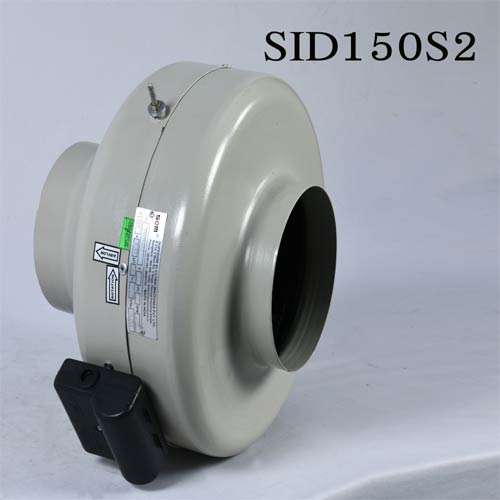Difference between a Ceiling Fan and an Inline Fan
The two most relevant types of fans Inline fan and ceiling fan. These fans both are utilized for several purposes and are quite different from each other. You will get ceiling fans as well as an Inline fan at a meagre price. They are the maximally used electric appliance in most households. To be very precise, you can find both of these fans in almost all houses. They are also offered by leading inline fan suppliers. They both are helpful as well as convenient for every family.
Even though they are instrumental and fall into the same category, but they have much difference between them. Have a look at some of the significant difference that exists between them:
- Physical difference: It is one of the most apparent differences. Electrical ceiling fans are circular and straightforward with blades, and Inline fans are rectangular, or you can say square-shaped fans.
- Placing: This is yet another visible difference between a ceiling fan and an Inline fan. While ceiling fans are mounted on the ceiling, mainly in the middle of the room, an exhaust fan is usually mounted on the top corner of the wall.
- Blades: While the edges of an Inline fan are closed inside an enclosure, but the blades of the ceiling fan are entirely free.
- Purpose: This is a significant difference. A ceiling fan makes sure the area is excellent. High performing ceiling fan efficiently circulates the air all over the space. And on the other hand, the Inline fan helps in getting rid of the damp and moist air. An Inline fan filters out most of the humid air duct and prevents the space from getting greasy.
- Power consumption: Ceiling fans usually consume more power when compared to Inline Exhaust fans. As their purpose for several purposes is different therefore their consumption amount is also additional.
So, these are some of the significant differences between a ceiling fan and an Inline fan, which you should know before buying anything.
